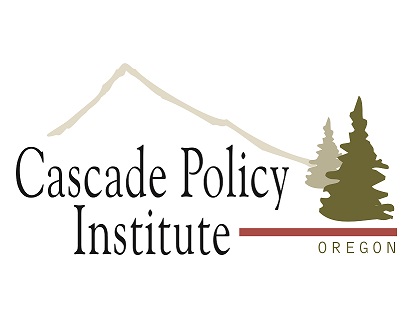This week the Center for Public Integrity released a report grading the 50 states on governance. The metrics used to measure integrity included the categories of “Public Access to Information,” “Lobbying Disclosure,” and “Ethics Agency Enforcement.”
Oregon was ranked 44th among the states, with a grade of “F.”
Oregon’s poor ranking was not a surprise given the nationwide coverage of the Kitzhaber-Hayes influence-peddling scandal. By any standard, the behavior of our former governor was unacceptable.
But this was only the headliner issue. Beneath the surface are many less-glamorous problems that will be difficult to address. For instance, there is virtually no meaningful oversight of state expenditures. Legislators spend tax money to promote their own agendas, and the budgeting process is deliberately opaque in order to keep citizens in the dark.
Also, the law allowing us access to public records is constantly abused. Agencies frequently play games of “20 questions” in order drag out the process; and when they do offer up the requested documents, they impose massive fees that most citizens cannot afford.
Unfortunately, no amount of “oversight” will solve the problem. Government is unable to police itself. Once a taxpayer sends money to the state, it’s too late.
The best solution is to dramatically prune the weed patch of regulations and programs. A smaller government, focusing on a few core functions, will have more integrity than a larger one.











